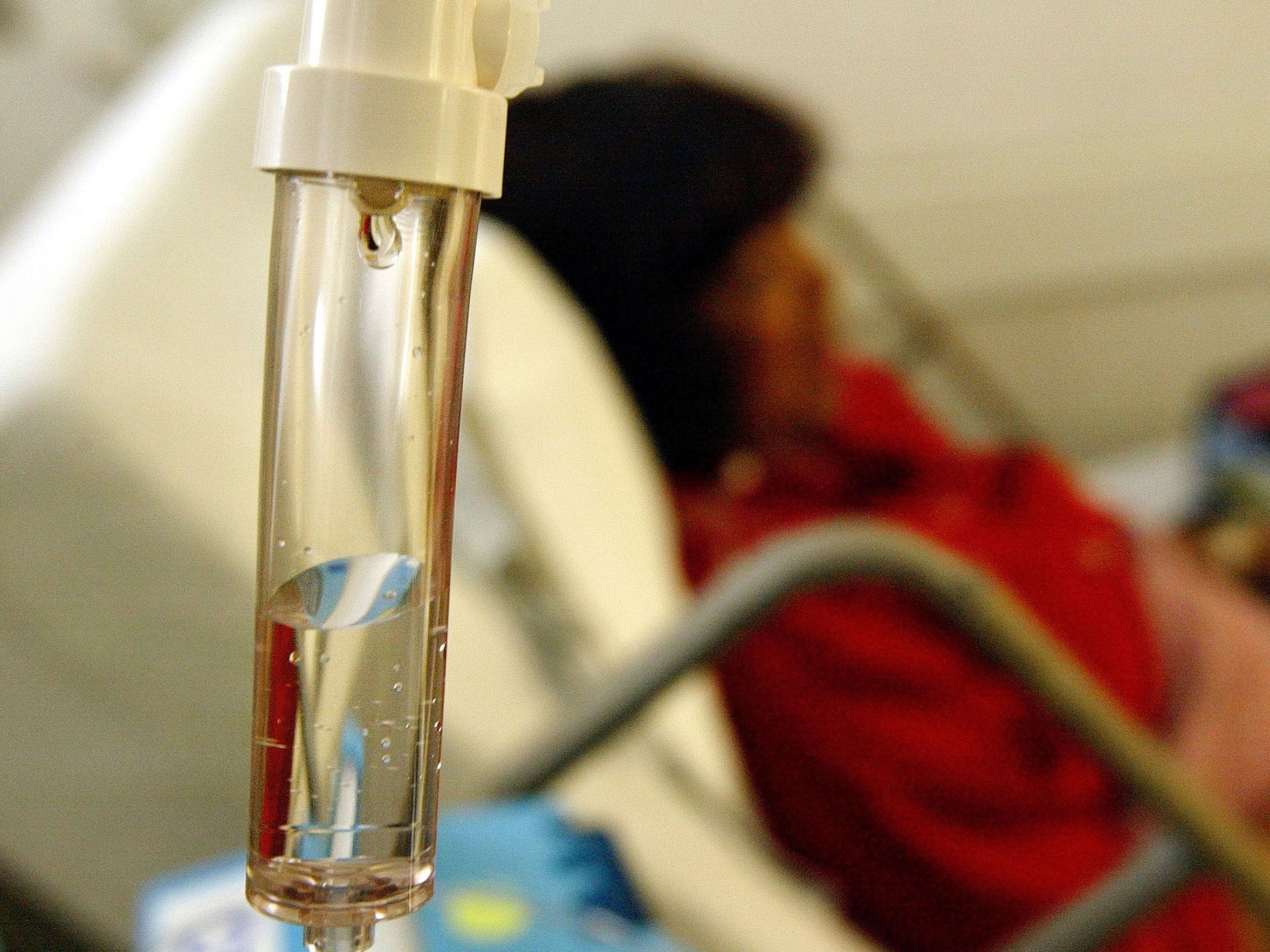Cancer research shows 'tiny radioacative beads' could dramatically hinder tumor growth
Bowel cancer patients were treated using 'resin microspheres' alongside chemotherapy

A cancer treatment that uses tiny radioactive beads fired at tumours can dramatically hinder a tumour's growth, according to new research.
The treatment used "resin microspheres" alongside chemotherapy on patients with bowel cancer that had spread to the liver.
Research results showed it halted the growth of liver tumours for almost eight months longer than chemotherapy alone.
In 6% or cases it sent the cancer into remission, three times more frequently than when treated using only chemotherapy.
It examined the effectiveness of what is known as selective internal radiation therapy (SIRT) or "radioembolisation", with 530 people receiving the treatment.
The research findings were presented at the annual meeting of the American Society of Clinical Oncology (ASCO) in Chicago by Associate Professor Peter Gibbs of The Royal Melbourne Hospital in Australia.
Professor Gibbs said the findings were important because bowel cancer, also known as colorectal cancer, typically spreads to the liver before affecting other organs.
The microspheres used are about a third of the width of a human hair and contain the radioactive isotope yttrium-90 which is used in cancer treatment.
The balls are delivered via a catheter directly into cancer-affected parts of the liver through the tumours' own networks of blood vessels.
They then become permanently lodged in the small blood vessels surrounding a tumour and starve it, while having a minimal impact on surrounding healthy tissue although they continue to generate radiation for weeks after treatment.
The therapy is already approved in the EU for treating certain types of liver cancer.
The Sirtex trial is one of three trials underway for the microspheres treatment. Another is being undertaken by Oxford University.
(Additional reporting by PA)
Join our commenting forum
Join thought-provoking conversations, follow other Independent readers and see their replies
Comments
Bookmark popover
Removed from bookmarks